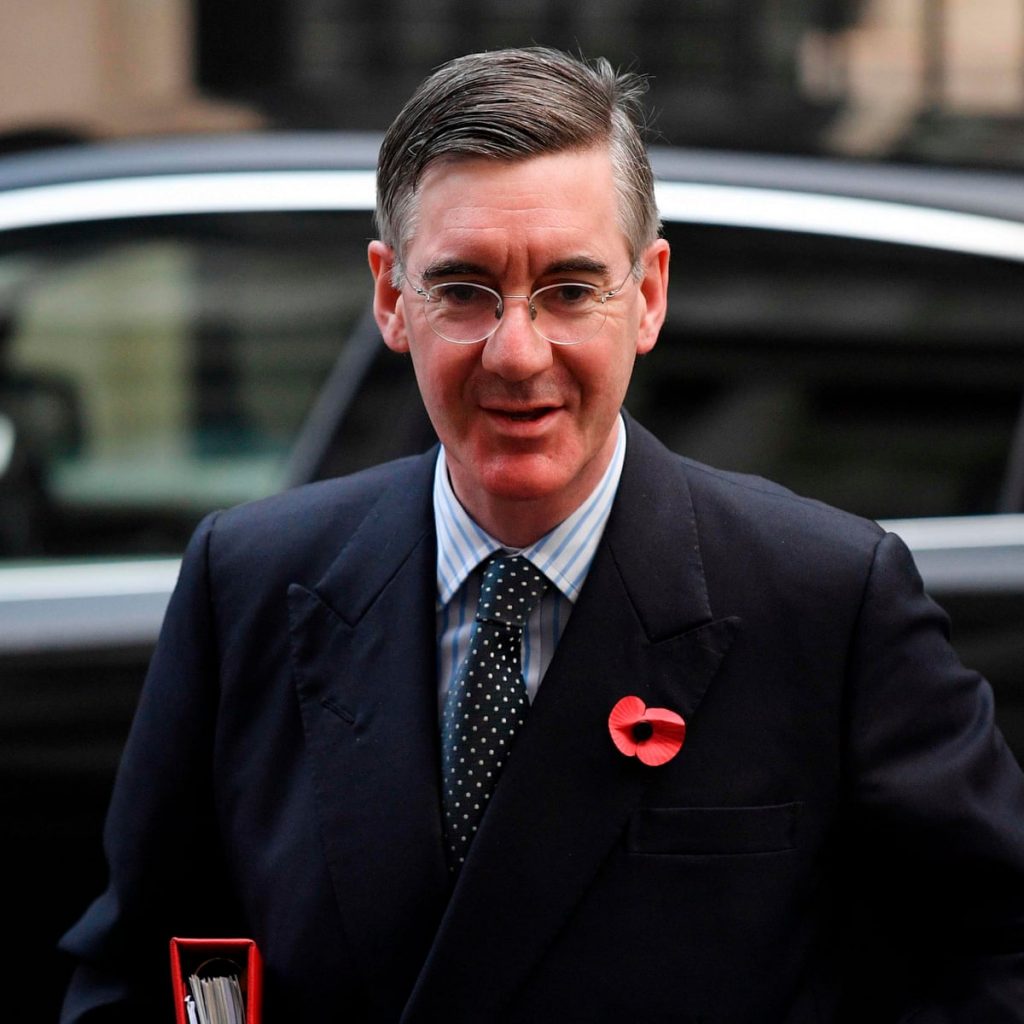Manas Dasgupta
NEW DELHI, Feb 12: The United Kingdom does not want to interfere in “our very close friend” India’s domestic policy issue of agricultural reforms but will continue to keep a close watch on the farmers’ agitation since the UK champion the cause of human rights globally and more so because currently the country is holding chairmanship of the United Nations.
This was remarked by the leader of the House of Commons in the UK Jacob Rees-Mogg to make the government’s stand clear in the face of increasing demands for a debate on the Indian farmers’ agitation in the chamber from the opposition labour MPs. Rees-Mogg, however, agreed that the farmers’ agitation in India was a “matter of concern” for the Commons and across constituencies in the UK and that Britain would continue to champion human rights globally, including through its current chairmanship of the United Nations.
“India is a very proud democracy and a country with which we have the strongest possible relations. I happen to think that over the next century, our relationship with India may well be our most important relationship with any country in the world,” Rees-Mogg, a senior Conservative Party member of Parliament who serves as the leader in the UK lower house of Parliament, said.
“As India is our friend, it is only right that we make representations when we think that things are happening that are not in the interests of the reputation of the country of which we are a friend,” he said, adding that UK Foreign Secretary Dominic Raab had raised the matter with External Affairs Minister S Jaishankar during his India visit in December.
“The UK government will continue to follow the farmers’ protest closely. Agricultural reform is a domestic policy issue for India. We will continue to champion human rights globally, and having the chairmanship of the UN Security Council this month is a part of that,” Rees-Mogg noted.
The leader was responding on Thursday during a regular Business of the House sitting as MPs debated matters to be addressed in upcoming Parliament sessions.
Labour’s shadow Leader of the House, Valerie Vaz, had raised the issue of the farmers’ protests being considered for a backbench debate by the Petitions Committee after an e-petition on the official parliamentary website crossed the required threshold of 100,000 earlier this month. The e-petition which has called for the UK government’s public statement on the issue of farmer protests and press freedom in India, has now over 114,000 signatures.
The House of Commons had said earlier this month that all petitions that receive 100,000 signatures will be considered for a debate by the Petitions Committee.
However, debates in Westminster Hall — where petition debates take place — are currently suspended and that the committee will make an announcement on “scheduling this (farmer protests) debate as soon as possible”.
Because of the suspension, Vaz sought a “hybrid” solution of using live streaming as a possible option.
“Satyagraha is the Gandhian peaceful protest that is in the Indian DNA, but we have seen scenes of terrible violence against those who are protecting their livelihoods. I have had no response to my letter to the Foreign Secretary (Raab) yet,” said Vaz, a Goan-origin MP.
Fellow Labour MP Tanmanjit Singh Dhesi also pushed for a debate over “the largest protest on the planet”, in the main Commons chamber itself.
“Given our serious anxieties, more than 100 honourable members signed a letter to the Prime Minister (Boris Johnson) seeking his intervention. Well over 100,000 constituents — incredibly, from every single one of the 650 UK constituencies — have signed an online petition, including more than 3,000 from my Slough constituency,” said Dhesi, the first turbaned Sikh MP in the Commons.
Thousands of farmers, mainly from Punjab and Haryana, have been camping at several Delhi border points since November 26 demanding the government to repeal three farm laws and provide them legal guarantee of minimum support price (MSP) for their crops.

